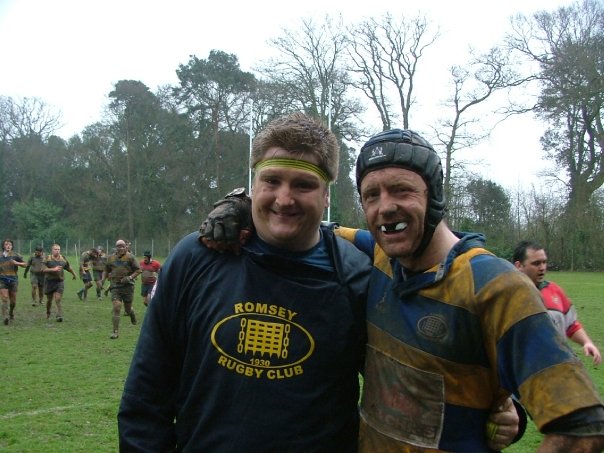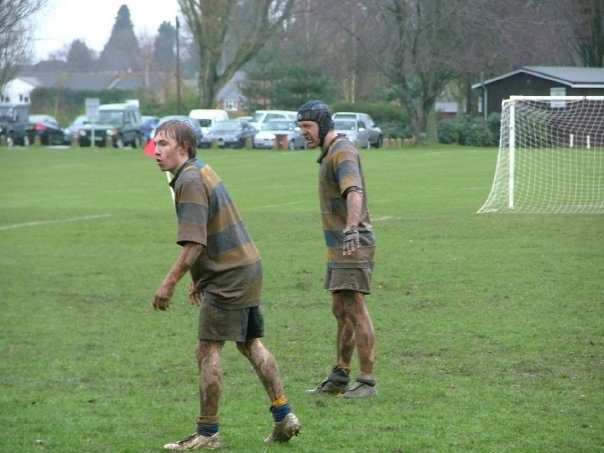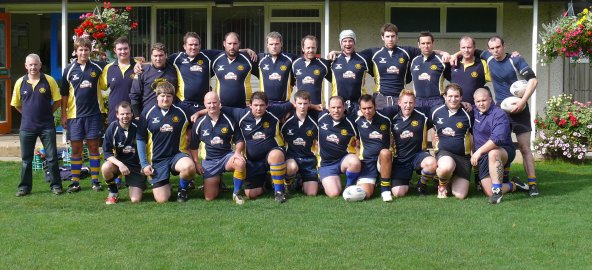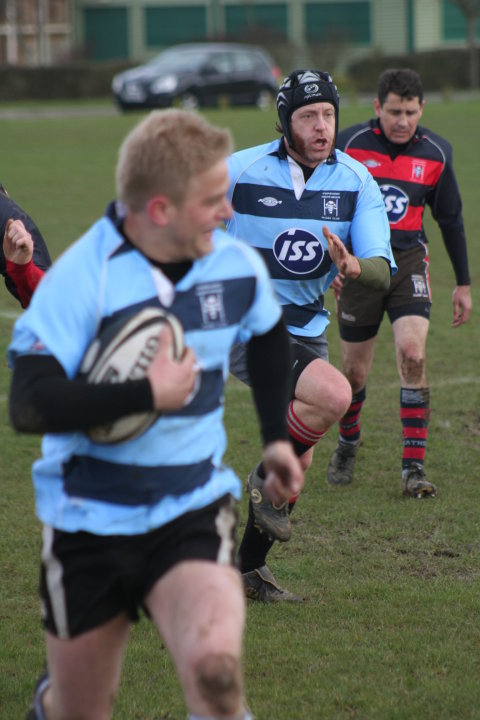The longer I have been pursuing philosophy, the more liberal I have become and the less nationalistic. By this I mean that I have recognised that my nationality if a mixture of several components over which I have no control:
1) The accident of birth and where I was born. (Not saying I was an accident, but that I just happened to be born into this geographical location.)
2) Where the boundaries of the countries of the world are drawn
Borders of countries are arbitrary. I don’t mean they are random but that they are a result of history and without organised and rational formulation, created out of historical arguments, fortune and physical geography. When you start realising this, then you start becoming more egalitarian. We are all broadly the same animals born into areas of the world in a rather ‘random’ manner. I was born in the UK, in England, to a comfortable middle-class family. Lucky me indeed. Other, billions of others, aren’t so lucky, it seems.
With these kind of ruminations, I have found it harder to get worked up about nationalistic (and possibly conservative) ideals.
In fact, most nationalistic ideals appear to be an interplay between conservative tradition and in-group / out-group psychology. As wiki states:
In sociology and social psychology, an ingroup, is a social group to which a person psychologically identifies as being a member. By contrast, an outgroup is a social group to which an individual does not identify. For example, people may find it psychologically meaningful to view themselves according to their race, culture, gender or religion. It has been found that the psychological membership of social groups and categories is associated with a wide variety of phenomena.
The terminology was made popular by Henri Tajfel and colleagues during his work in formulating social identity theory. The significance of ingroup and outgroup categorization was identified using a method called the minimal group paradigm. Tajfel and colleagues found that people can form self preferencing ingroups within a matter of minutes and that such groups can form even on the basis of seemingly trivial characteristics, such as preferences for certain paintings.[1][2][3]

So why mentioned this now? Well, I have, for the last ten years, fallen back in love with rugby, enough to play it to a reasonable level (Hampshire 1 – the ‘first division’ in my county). Rugby is a fairly brutal sport.
It is legalised fighting, with some rules, at times. It plays nicely into the alpha-male, testosterone mentality. But it’s bloody good fun in a kind of grrr way.

The nice thing is that the team I joined last before retiring due to having twins was Fareham Heathens. What an apt name!
Now international rugby is a long way from me fumbling around a field with a ball. And I get worked up watching England play rugby on the TV. It is so physical that you find yourself twitching when seeing an impact, involuntarily moving your body as you empathise with the players. And I shout at the TV as if to conform to gender stereotypes, beer in hand. But I probably get less worked up than I used to.
And this brings me on to the British and Irish Lions. The Lions are a touring team who tour every four years to the Southern Hemisphere, to arch rivals Australia, New Zealand or South Africa.
Where my nationalistic fervour has dulled over the philosophical years, when it comes to the Lions, things are different. There is much to say about psychology here. When England play in, say, the annual six nations, it is shouting on the team against Scotland, Wales, Ireland, France and Italy. They are the old enemy. And there is always particular remonstrations to be made against the Welsh, Scots and Irish. Closer to home, they become greater enemies.
So when you are put together on the same team (the Lions are made up of Ireland, Scotland, England and Wales), there is a camaraderie which is stronger as the team is made up of usual enemies brought together to fight a greater enemy. A British comedian, I forget which one (was it Jason Manford?), did a sketch on how people come together geographically: Manchester City vs Manchester United, Lancashire vs Yorkshire, England vs Wales, Britain vs Europe, Europe vs Asia, The World vs aliens. And that is how it goes. We all have our in-group / out-group mentality and the only way to get over this, is to bring out groups into the in-group and create a greater, more hated out group.

This is why I get really worked up watching the Lions on their latest tour of Australia. The arms of an Irish player around Scots shoulders, the crowd of British and Irish Lions red jersey wearers arm in arm singing each others’ songs to enerve the golden shirt-wearing Aussies. Together we are stronger, and it is this feeling a greater in-group full of people who are usually enemies which fuels my sporting hunger, and any sense of nationalism I have left. It’s really enjoyable in an animalistic way.
So, in sum, the only way to unite this world into a new world order and the only way to achieve world peace is to have aliens attack us. I promise you, it is the only way.

